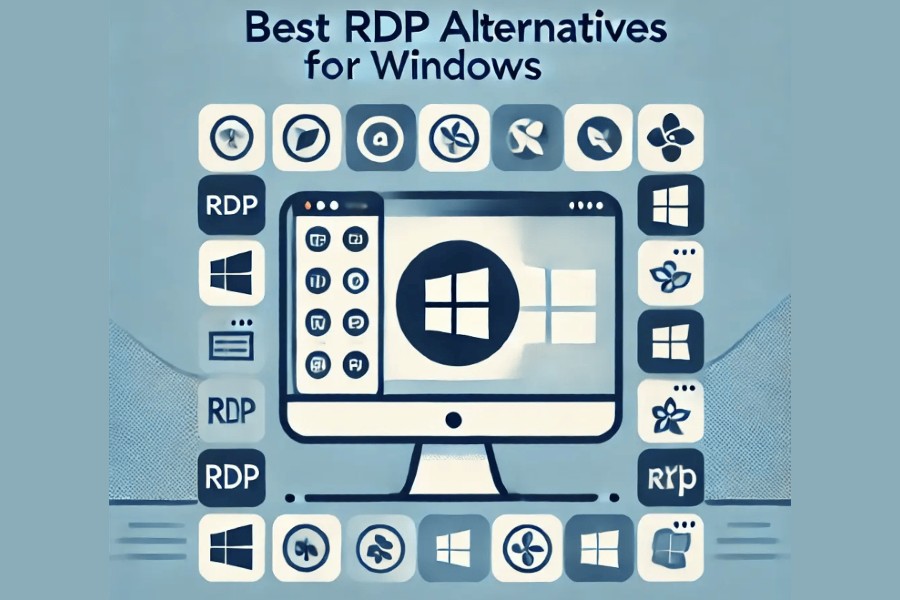
Healthcare is undergoing a significant burst of digital innovations. This trend started with the COVID-19 pandemic and has not lost its speed since then.
The term digital innovations encompasses blockchain, generative artificial intelligence (GenAI), Internet of Medical Things (IoMT), and others. However, the cornerstone of all those technologies is cloud computing. According to McKinsey, cloud technologies will generate up to $170 million in healthcare organizations in 2030.
In this post, experts from the Belitsoft software development company share an overview of the cloud tendencies and benefits for the healthcare domain.
What are the cloud tendencies?
The Amazon Web Services (AWS) summit took place this summer in Washington, D.C. It gathered experts from the public sector domains, such as healthcare, government, law, education, and aerospace. Representatives of the organizations shared their expectations regarding data security and management and GenAI. Protecting health information in the cloud is one of the key concerns of healthcare institutions. AWS executives see the potential of improving patient care in cloud technologies and digital transformation.
Medical providers usually lack competent IT specialists. Implementing digital solutions and cloud migration are challenging tasks. Therefore, forming partnerships with technological firms is a mutually beneficial tendency. Besides, the term “phygital care” has recently often been referred to in healthcare. It means the combination of physical help and digital technologies in modern medical centers and hospitals.
Health systems may partner with tech firms and form innovation centers. Another option is to sign long-term agreements, like the Mayo Clinic and Google. The idea of such partnerships lies in the careful introduction of cloud computing to the medical institution and its staff. It also includes iterative testing and an instant reaction to any issues that appear.
The Chief Innovation Officer (CINO) with 20 years of healthtech experience, Dmitry Baraishuk, notes that partnerships may lead to long-lasting productive cooperation. For example, a healthtech provider addressed Belitsoft with a request to migrate NET framework to NET core. They had an electronic health records (EHR) solution for clinics. However, it was not compatible with macOS. Another problem was that the company lacked sufficient resources to customize the solution for each client. As a result of migration, they received a cross-platform product and decided to continue working with an outsourced team to improve all aspects of their solution.
For the healthcare providers, storing the data is not enough. It is vital to have an opportunity to share it between entities and cooperate. That is why the Trusted Exchange Framework and Common Agreement (TEFCA) V1 appeared in 2022. It outlines the principles and conditions for sharing electronic health information. The agreement contributes to healthcare interoperability. It means all the stakeholders (doctors, patients, payers, and IT vendors) have equal and safe access to medical information.
What are the benefits of cloud storage?
Accessible and flexible EHRs
Cloud-based EHRs demonstrate flexibility and accessibility from any location. They adapt easily to the unique needs of medical providers. They are compatible with other third-party applications for users’ convenience and adjust to regular internal workflows. The data in a cloud-based EHR is accessible from any location and device. Besides, practitioners from different medical providers can work together without the necessity to physically change locations. For the patients, that means if they decide to switch providers, their health history will still be accessible.
Leeds Teaching Hospitals Trust has moved its electronic patient system to Microsoft Azure. The CIO of the Trust sees huge potential in cloud technologies, as it makes the data available to multiple providers. This ensures data-based decisions and a holistic approach to healthcare inside and outside hospital walls.
Easy scalability
Traditional hardware takes much time and resources to deploy. For IT experts, it might become a challenge to predict the demand. That is why acquiring the right capacity turns out to be a guessing game. Cloud technologies facilitate these decisions as they can deploy automatically, reacting to high periods of demand.
The scalability option is possible due to resource pooling. Cloud providers and users may add or remove additional assets, like storage, computing, networking, etc. Therefore, the clouds scale horizontally or vertically, adapting to users’ requirements. Another bonus of such an approach lies in saving operational costs. IT teams plan the peak times and switch the scaling off when it is not needed. Cloud vendors offer the “pay-as-you-use” pricing model for such cases.
Competent IT staff
Most medical centers and hospitals lack the expertise and resources to hire competent data analytics and cloud engineers. Partnering with healthtech providers solves this issue for them. Staff augmentation provides medical enterprises with IT talents who streamline the processes temporarily during some digital improvements or strengthen the IT department for a longer period. It also saves medical institutions hiring costs.
Virtual care
Cloud storage and data accessibility simplify the integration of AI tools and telemedicine in healthcare. AI technologies help medical experts in healthcare administration, diagnosis, and interpreting medical images and videos. The Microsoft Dragon Ambient eXperience (DAX) Copilot is a recent AI tool for clinical environments. It automatically takes notes during appointments. Doctors do not have to distract themselves with typing while talking to their patients. It stimulates the rapport between a doctor and a patient and reduces the stress level of a physician.
Telemedicine allows patients to minimize the risks of catching infections during seasonal outbreaks. Another advantage of remote healthcare is the opportunity to share the results of tests taken at home and the reports from wearable devices. It allows doctors to monitor the health condition of their patients (who are at home) and timely react in case of emergency.
Closing thoughts
Medical providers do benefit from cloud hosting. As mentioned in the article, it allows doctors to share data and improve decision-making. To gain from cloud solutions with minimum risks, however, it is important to consult reliable healthtech partners and comply with cloud security regulations. This way, doctors, patients, medical payers, and IT vendors will cooperate and see real results of the latest technological trends.
Become a Harlem Insider!
By submitting this form, you are consenting to receive marketing emails from: . You can revoke your consent to receive emails at any time by using the SafeUnsubscribe® link, found at the bottom of every email. Emails are serviced by Constant Contact








